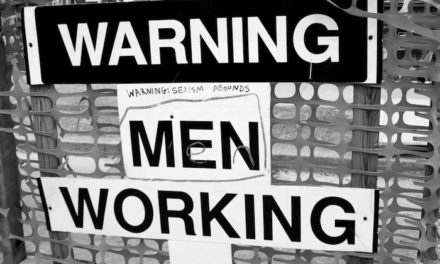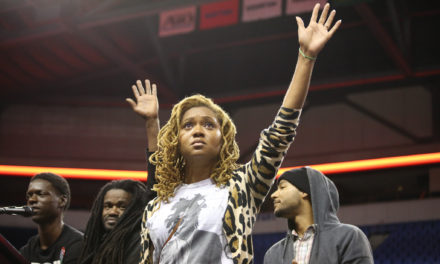This article was updated Sept. 5 at 6:35 p.m.
This year, as in years past, first-year students at Emory University are prohibited from visiting any fraternity house on Eagle Row until September 11 at 11:59 p.m. We at The Emory Wheel feel that the “social freeze” – as the former “blackout” is now being called – actually causes more problems than it solves. We also feel that Emory has the potential to reform the social freeze system in such a way that it fosters a connection between upperclassmen and freshmen, instead of incentivizing upperclassmen – especially Greeks – to avoid freshmen until after the social freeze has ended.
Careful observation of the fraternity party scene at Emory has led us to conclude that the social freeze does little to prevent freshmen from attending parties on Eagle Row. Those first-year students who want to go out and drink will, we hope, find a way to do so safely. The problem is that, under the social freeze system, first-year students become a liability to the fraternities whose parties they will be attending. Consequences are strict for fraternities caught with freshmen in their house. These consequences incentivize members of those fraternities and other upperclassmen to turn a blind eye to first-year students at parties, instead of encouraging upperclassmen to keep an eye on their younger classmates to ensure their safety.
Freshmen attend fraternity parties in part because they want to interact with members of other classes than theirs. There are very few situations off Eagle Row in which freshmen can meet and connect with upperclassmen outside of the power structure sometimes established by University-organized programs, such as the Orientation program. While the distinction between upperclassmen and freshmen is certainly necessary within these more formal contexts, it also prohibits true connection between the two groups. Without the kind of connection that stems from natural – as opposed to stilted – interaction between the classes, it may be very difficult for freshmen to feel like they are a well-connected part of the Emory community.
The editorial staff of the Wheel would like to encourage those departments of the Emory University administration responsible for organizing social events on campus to make an effort to plan events that facilitate organic socialization between upperclassmen and freshmen. The administration should also make an effort to include Greek organizations in these events so that new students will have an opportunity to learn more about the Emory Greek system outside the context of parties and drinking. Events might include frequent (if not weekly) screenings of popular movies on McDonough Field, open to members of all classes.
Although we support Emory University in its effort to introduce freshmen to other aspects of student life than the Greek system, we also feel that the system of a social freeze does little to rectify the problem at hand – freshmen drinking to dangerous excess at fraternities – or to facilitate the same kind of social interaction that freshmen seek when they attend these sorts of parties.
The above staff editorial represents the majority opinion of the Wheel‘s editorial board.
The Emory Wheel was founded in 1919 and is currently the only independent, student-run newspaper of Emory University. The Wheel publishes weekly on Wednesdays during the academic year, except during University holidays and scheduled publication intermissions.
The Wheel is financially and editorially independent from the University. All of its content is generated by the Wheel’s more than 100 student staff members and contributing writers, and its printing costs are covered by profits from self-generated advertising sales.





